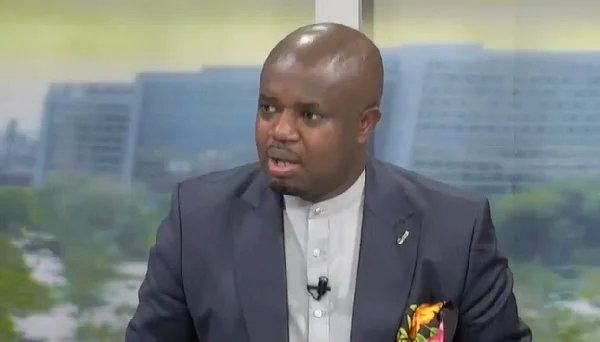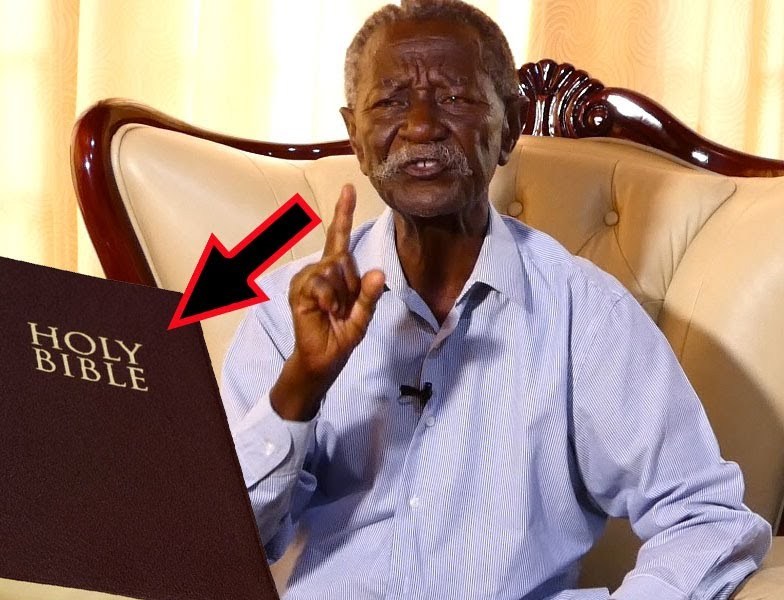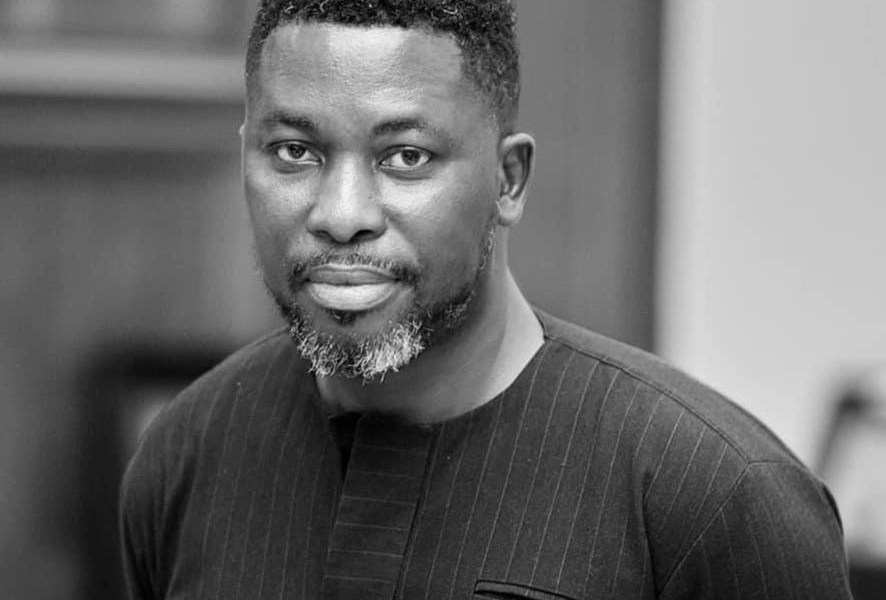The Director of Legal Affairs for the National Democratic Congress (NDC), Godwin Edudzi Tamekloe, has defended President John Dramani Mahama’s decision to establish the Operation Recover All Loots (ORAL) committee instead of opting for a Commission of Inquiry.
Addressing concerns on TV3’s The Key Points, he explained that the President’s choice was based on legal considerations that ensure greater accountability and avoid potential immunity for implicated individuals.
“Had the President chosen the Commission of Inquiry route, as seen in the Ghana@50 case, legal limits would have been placed on the outcome, potentially providing immunity to individuals whose conduct may be in question. That is why, based on sound legal reasoning, this approach was not taken,” he stated on February 8.
His comments amidst debates about the best mechanisms for retrieving state funds allegedly lost through corruption and mismanagement.
The establishment of ORAL has sparked discussions among political and legal analysts, with some arguing that a Commission of Inquiry would have provided a more structured process. However, Tamekloe insists that the committee’s role is to gather information rather than conduct criminal investigations.
“This is not an investigative body capable of taking caution statements. It is an information-gathering process, which will guide the President’s next steps,” he explained.
The committee, according to him, aligns with President Mahama’s campaign promise to hold corrupt individuals accountable and reclaim misappropriated state resources.
“The President made a campaign promise to implement ORAL, and this committee is part of the preparatory steps.
On Monday, when the final report is submitted, the President will decide the next course of action, which could include forwarding the findings to the Attorney General,” he noted.
Mahama’s administration has faced significant pressure from the public and anti-corruption bodies to take decisive action against individuals believed to have engaged in financial malfeasance. As a result, the ORAL committee has been positioned as a critical step toward accountability.
“The President can choose to forward the report to the Attorney-General without making any public statements. This strategy allows for a more effective and legally sound approach,” Tamekloe emphasized.



